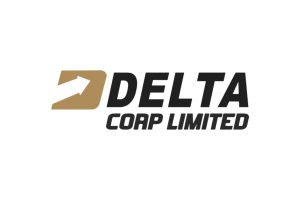New Zealand horse racing reform filled in Parliament
The second part of the legislative process for the complete renovation of the governance structures of New Zealand horse racing is ready to be discussed
New Zealand.- New Zealand’s Minister for Racing, Winston Peters, introduced the Racing Industry Bill, the second element in a two part legislative process for the complete renovation of the governance structures of New Zealand horse racing.
The Bill, released on 5 December, establishes that TAB NZ will replace RITA as the only betting provider for racing and sports in New Zealand.
RITA chair Dean McKenzie, who will take on the role of executive director of the agency once current chief executive John Allen steps down at the end of 2019, said the bill will help ensure the sustainability of the racing industry.
“The revitalisation of the New Zealand racing industry is well underway thanks to the commitment and support of the Government,” McKenzie said. “The nature of changes proposed are considered so substantive that a new Racing Act is recommended in the Bill.
“The new Bill is the culmination of the most significant reform of racing since 2003 and follows the Racing Reform Act which came into force on July 1 and included the gradual repeal of the betting levy and enabling regulations for a Point of Consumption Charge and Betting Information Use Charges.”
“The racing industry in New Zealand contributes $1.6 billion to the economy, it provides a livelihood for 14,000 industry participants, and is an important part of our heritage,” McKenzie said. “The Government’s support of racing will help lead to increased employment, improved exports and a general increase in the industry’s already significant contribution to New Zealand”, added.
“TAB NZ will be able to focus on maximising profits for the benefit of the New Zealand racing industry whilst having a strong regard for gambling harm minimisation,” the New Zealand department of internal affairs explained about the bill.
TAB NZ may be able to introduce new betting products, but only after passing an approval mechanism conducted by an independent body. The bill also established the Racing Integrity Board to take charge of all integrity issues and allows the thoroughbred, harness and greyhound racing industries to each be governed separately by their own bodies.








